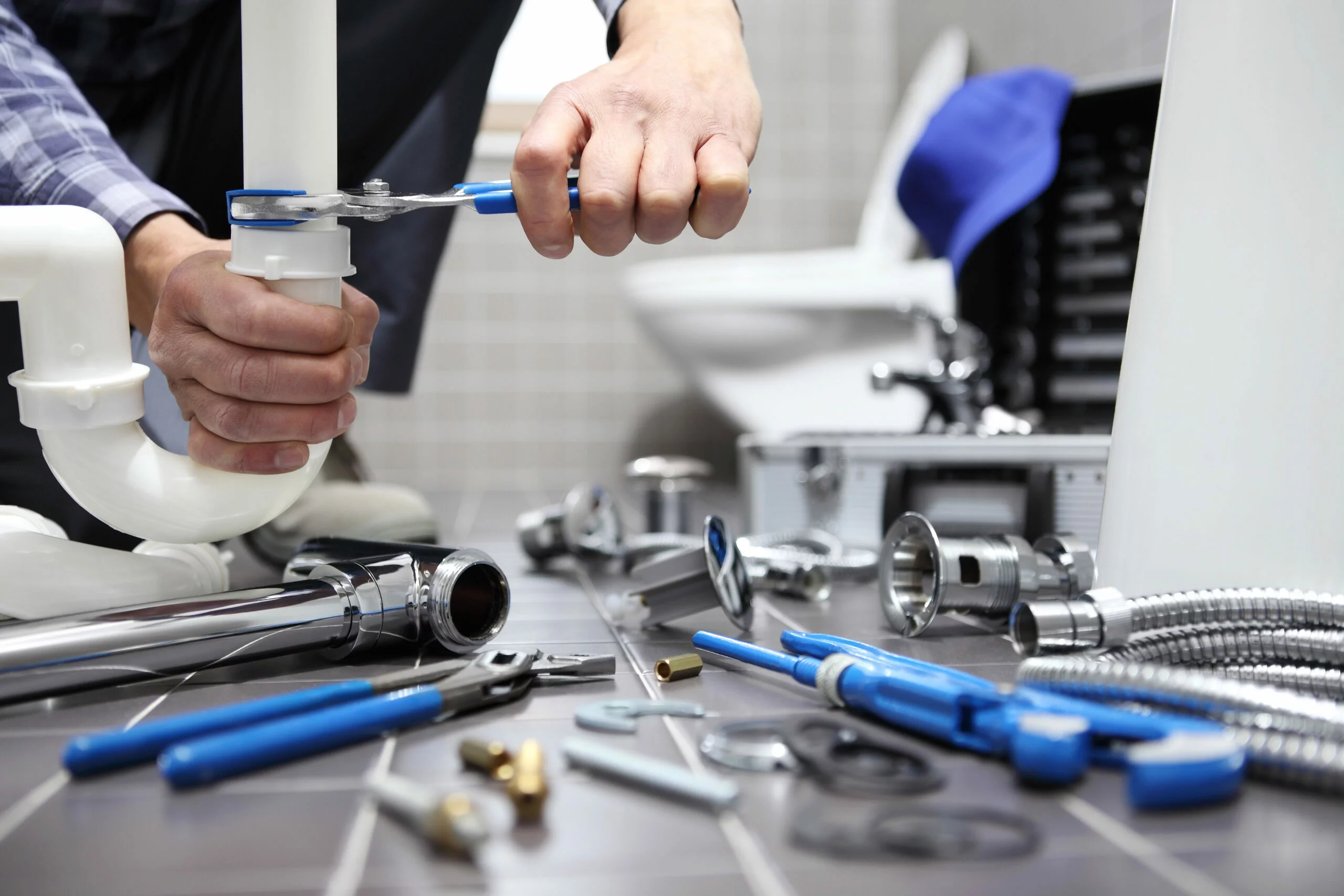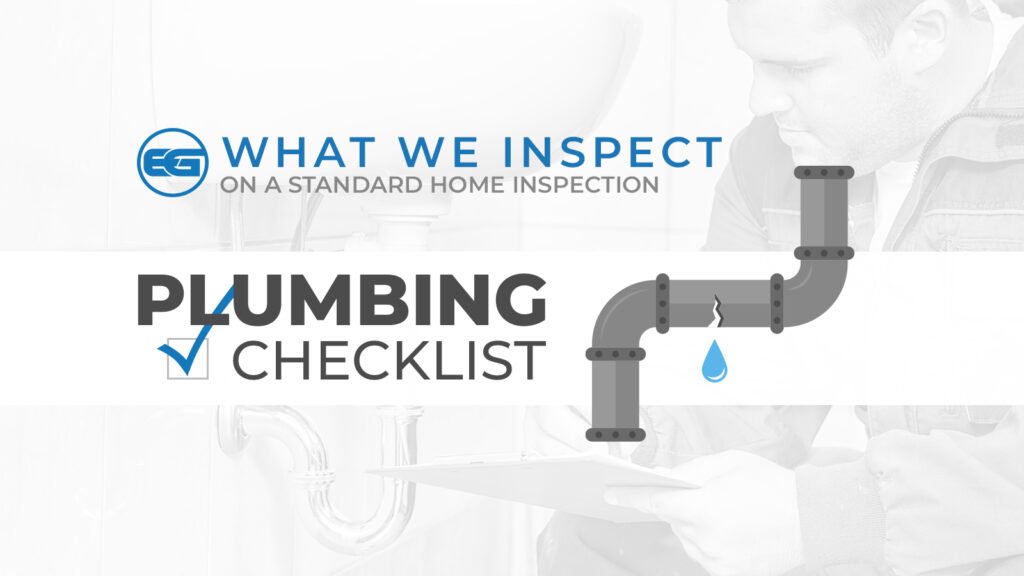Holding your plumbing system in well-being is crucial to avoid costly repairs and to keep your family comfortable and secure. It secures a clean water supply, removes waste effectively, and supports appliances like dishwashers and washing machines.
However, ignoring plumbing inspections can create leaks, clogs, and other costly problems. Regular inspections help identify leaks, corrosion, or clogs initially on, and impede major and costly repairs. They also help maintain water and keep your home environment harmless.
Whether you’re a new homeowner or have survived in your house for years, understanding the basics of your plumbing system offers you peace of mind and saves you money in the long run.
Tools You’ll Need
When starting a plumbing inspection, it’s essential to have a few basic equipment ready to make the work better and smoother. You don’t want to be a professional plumber; most of what you’ll be controlling can be done with simple, reasonable tools you may already have at home.
Basic Tools for DIY Plumbing Inspections
Flashlight
Check into dark sections like under sinks, basements, or uphold appliances.
Adjustable Wrench
The adjustable wrench is used for tightening loose gear or shut-off faucets.
Bucket and Towels
It is utilized to grab any water and wipe spills.
Plumber’s Tape (Teflon Tape)
Utilized to seal threaded connections and help hinder leaks.
Measuring Tape
For inspection gaps or measuring pipe lengths.
Plunger
An essential tool to test and clear slight drain clogs.
Drain Snake or Auger
For intense drain cleaning or repair of slow drains.
Safety Equipment Checklist
Gloves
To hold your hands clean and defended, especially when working with drains.
Protective Eyewear
Essential when operating under pressure or inspecting old pipes.
Knee Pads (Optional)
Beneficial when working on floors or in tight areas.
Mask
Advisable if there’s mold or sturdy odors, like in basements or crawl spaces.
Kitchen Plumbing Checklist
Plumbing in the kitchen is essential because water is used every day for cooking, cleaning, and other work. To preserve a competent kitchen plumbing system, there are various vital checks you must perform.
Sink and Faucet Inspection:
It’s crucial to verify your kitchen sink. If the tap is sopping or the water pressure is low, the washers or seals may demand replacing. Make sure the tap is correctly fixed and there are no problems.
Dishwasher Hose and Drain:
Inspect the dishwasher hose for any problems like leaks or cracks. If you locate any, exchange the hose. Test the drainage system to check water is draining adequately. If the drain is clogged, you’ll want to have it unclogged by a plumber.
Garbage Disposal:
It’s also crucial to explore garbage disposal. If unusual noises or the drain line isn’t clearing correctly, it may require maintenance. Clean it repeatedly to keep it functioning efficiently.
Water Pressure and Leaks:
The water pressure in the kitchen must be stable. If it’s low, there may be an underlying plumbing problem. Impede the pipes for leaks, especially under the sink and faucet joints.
Under Sink Pipes:
Inspect the pipes under the sink to ensure there are no leaks, rust, or signs of wear and tear. If the pipes are old, you may want to consider replacing them.
Drain Performance:
Check the sink and dishwasher drains to ensure they’re draining properly. If the drains are slack or there’s water backup, they will essentially be cleared.
Bathroom Plumbing Checklist
Your bathroom plumbing requires regular inspection to prevent leaks, water wastage, and offensive odors. Here are some key things to check:
Toilet Function and Leak Check
Check the toilet flush to ensure that water is flushing correctly and there are never leaks in the bowl. If the toilet maintains flushing constantly or the water level is high, the fill valve or flapper may want to be replaced.
Showerhead & Faucet Inspection
Check out the shower and bathroom valves. If the water pressure is low or the showerhead is flowing irregularly, you may take to clean or exchange the aerators. For some leaks, change the seals and washers.
Bathtub and Shower Drainage
Test the bathtub or shower to verify the water drains correctly. If the water is draining gradually, the drain will require to be cleared. Also, check out the drain pipes in your house.
Water Heater
Impede if the bathroom water heater is operating properly. If you observe a decrease in hot water flow or discover unusual sounds from the heater, it may want servicing. Also, verify the temperature settings to ensure they are acceptable.

When to Call a Professional Plumber
Some plumbing problems can be solved with basic tools and a little work. However, there are conditions where it’s better to hire a professional plumber otherwise, a minor mistake could create a major issue.
Here are a few common conditions when you have instantly call a professional plumber:
DIY Fix Isn’t Working:
If you’ve tried to repair the problem yourself, and it preserves coming back (like frequent clogs or leaks), it’s an obvious sign that the issue is deeper than just a problem.
Emergency Leak or Flooding:
If water is coming out swiftly from somewhere in your home or there’s flooding, don’t waste time. This can result in major water impairment.
Main Sewer Line Blockage:
If various drains are blocking or you hear babbling sounds, this could signify a main drain line blockage something just a plumber can correctly repair.
Strong Smell in the Bathroom or Kitchen:
Continual bad scents coming from drains aren’t just a cleaning problem. They could sign venting or drain line blocks that require an expert’s inspection.
Unexpectedly High Water Bills:
If your water bill spits unexpectedly and there’s no obvious leak, you could have an undercover leak that only a plumber can find.
Installing New Appliances:
When you’re installing a water heater, dishwasher, washing machine, or RO system, it’s more secure and durable to have a proficient handle on the installation.
Water Heater Malfunction:
If you face different issues like not hot water, unusual noises, or a leaking water heater. Identifying and repairing this is a task for a professional plumber.
Conclusion
Regularly inspecting your house’s plumbing system is essential so that you can catch small issues early and hinder them from turning into crucial problems. Regular maintenance assists you prevent costly repairs and unusual breakdowns, holding your properties secure and comfortable.
If you are facing complex problems, it’s constantly better to hire a professional plumber. They have the skilled full techniques and advanced tools that help them successfully solve your plumbing issues.
Concisely, make plumbing maintenance a priority. By investing a short time and work, you can keep your home’s plumbing secure, effective, and durable. If you face complex problems, don’t delay hiring a professional plumber. Their proficiency and advanced tools will help resolve the problem competently.

